Coloradans launch 2026 ballot push for graduated state income tax
September 3, 2025
Today, the Protect Colorado’s Future coalition, which includes the Colorado Blueprint to End Hunger, announced plans to put a graduated income tax on the 2026 ballot. This proposal would lower taxes for 98 percent of Coloradans, while raising taxes on individuals and corporations making more than $500,000 a year.
The proposal comes in direct response to Colorado’s budget crisis, caused by state revenue limits and federal budget cuts. This budget gap has led to $1.5 billion in cuts to vital state programs this year alone. The state’s existing budget squeeze forced massive program cuts earlier this year, but President Trump’s “One Big Beautiful Bill Act” threw our state into free fall, taking away funds for healthcare, food assistance, and schools to benefit giant corporations and give tax breaks to the wealthiest.
Protect Colorado’s Future says it’s time to fix the state’s tax system. For 50 years, Colorado used a graduated income tax system, in which those with higher incomes paid higher taxes. This system ended in 1987, when an anti-tax legislature replaced it with an inequitable “flat tax,” lowering taxes on those making the most and gradually draining the state budget. The coalition aims to ask voters to fix that injustice through a ballot measure in 2026, and began that process today by filing three versions of a ballot initiative.
“Colorado is at a turning point,” said Chris deGruy Kennedy, President and CEO of the Bell Policy Center, a member of the coalition. “For more than three decades, an upside-down tax code has hurt Colorado’s schools, health care, childcare, and the environment. We’ve made the wealthy even wealthier while everyone else struggles to keep up. The cruel cuts to healthcare and the absurd corporate tax giveaways in the federal budget bill have pushed Colorado over the edge, and only the voters of Colorado have the power to make the wealthy pay their fair share and restore funding to critical state priorities.”
Colorado is especially vulnerable to federal cuts because a state constitutional amendment called the Taxpayer’s Bill of Rights, or TABOR, creates an arbitrary budget formula that legislators must follow, restricting the state’s ability to fund essential public services. The amendment also makes the 1987 flat tax permanent, unless overturned at the ballot. The result is seen in this year’s state budget: a $1.2 billion deficit impacting every Coloradan, from young children to older adults, in all parts of the state.
“It’s time to put people first and build a fairer tax system that ensures every Coloradan can meet their basic needs like putting food on the table," said Brace Gibson, policy director for the Colorado Blueprint to End Hunger, another member of the coalition. "Outdated policies like TABOR and federal tax breaks for the wealthy make that harder. We can and should do better by investing in food access, schools, healthcare, transportation, and other essential services that all of our communities rely on.”
The graduated income tax proposal will help recapture some of the $71,000 the wealthiest Coloradans will receive in 2026 from Trump’s tax cuts, reinvesting those dollars back into classrooms, healthcare, childcare, and other state priorities that could include food security, public safety, or workforce development programs.
-
Protect Colorado’s Future is a coalition of concerned Coloradans, working toward fairer taxation and a state budget that can afford the vital services and programs our families and neighbors depend on to survive. It’s led by the following nonprofit organizations:
Colorado Blueprint to End Hunger
Colorado Center on Law and Policy
Colorado Consumer Health Initiative
Colorado Cross-Disability Coalition
Colorado Organization for Latina Opportunity and Reproductive Rights
Colorado Statewide Parent Coalition
-
The following organizations have signed on to our statement of purpose:
“We support the concept of a state graduated income tax that requires the wealthy to pay their fair share so Coloradans can have well-funded schools, adequate and affordable health care, and the ability to respond to economic disruptions.”
Stand for Children Colorado
Hunger Free Colorado
Cobalt
Boulder County
Colorado PTA
Towards Justice
City of Boulder and Mukuyu Collective
Clear Creek County
Bread and Roses Legal Center
Colorado Coalition for the Homeless
Community Economic Defense Project
Engage Jeffco
Arvadans for Progressive Action
League of Women Voters of Colorado
Colorado Latino Leadership, Advocacy, and Research Organization
Young Invincibles
Caring for Colorado
Rocky Mountain NAACP
AFSCME Colorado


